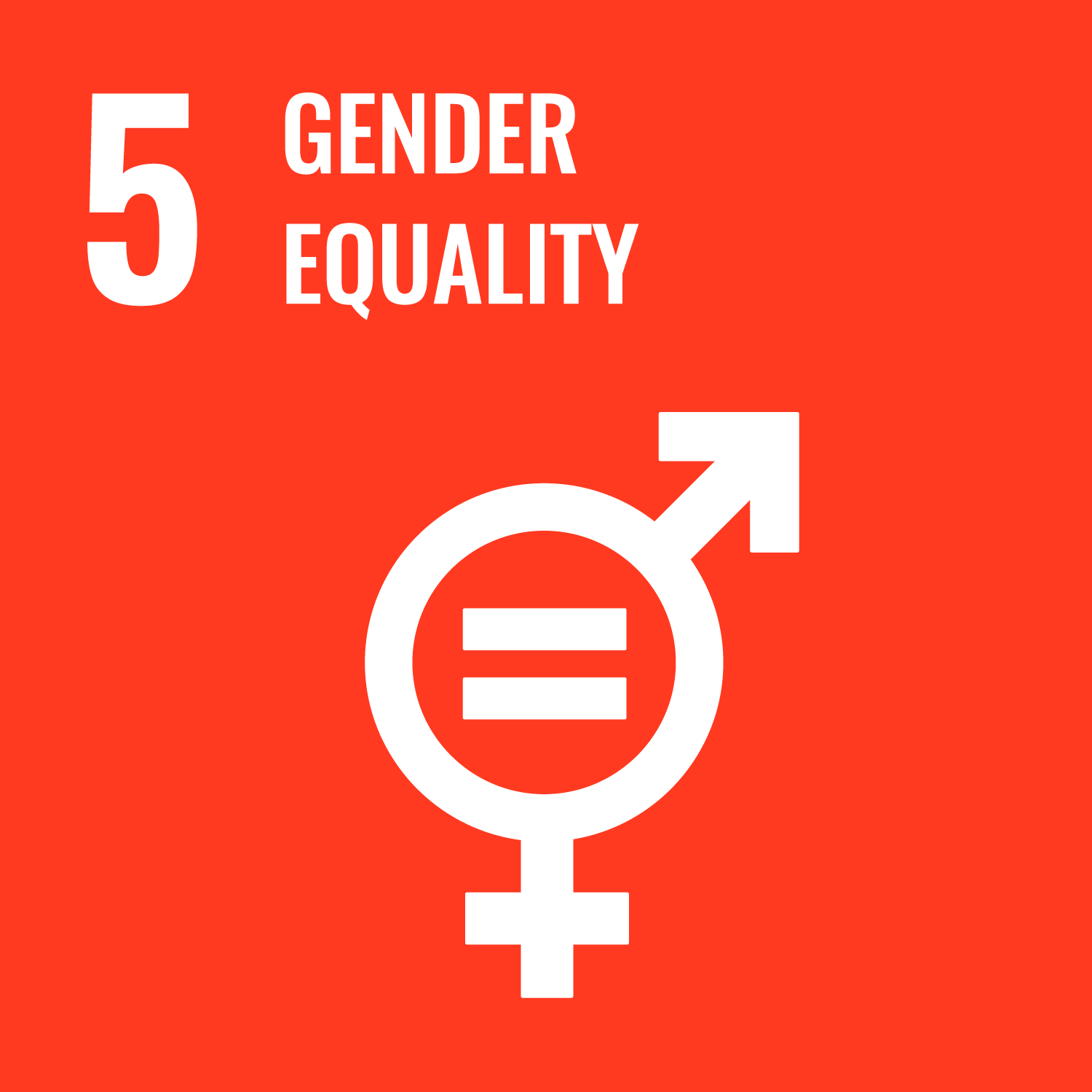Based on the knowledge in the field of information engineering that they have studied or are currently studying, each student
chooses a theme for graduation research that they are interested in or would like to study more deeply, and conducts research
under the guidance of their advisor. Through this process, students learn research methods, how to organize results, how to
compile a thesis, and how to make a presentation.
In Graduation Research 1, students choose one theme in the field of information engineering and read related research papers to understand technological trends. In addition, students will create a simple system and conduct experiments to examine what issues need to be addressed. Then, they will summarize and present the results. Through these activities, students will acquire the ability to read and write technical literature, the ability to implement systems, and the ability to study independently and continuously.
Depending on the research theme, part of the research may be conducted overseas.
In Graduation Research 1, students choose one theme in the field of information engineering and read related research papers to understand technological trends. In addition, students will create a simple system and conduct experiments to examine what issues need to be addressed. Then, they will summarize and present the results. Through these activities, students will acquire the ability to read and write technical literature, the ability to implement systems, and the ability to study independently and continuously.
Depending on the research theme, part of the research may be conducted overseas.
By utilizing the knowledge they have learned so far and working to solve the problems they have set themselves, students
will enhance their comprehensive abilities that they will need when they enter the workforce.
- Through research, students can find and set up your own problems and solve them.
- Students can read and understand technical literature, and prepare technical documents.
- Students participate proactively in research discussions and present research results in an easy-to-understand manner.
| Comprehensive Technical Competence | Total. | |
|---|---|---|
| 1. | 40% | 40% |
| 2. | 30% | 30% |
| 3. | 30% | 30% |
| Total. | 100% | - |
Evaluation will be based on the content of the presentation and report (50%) and the level of understanding through discussion
and questions (50%). (Individual evaluation criteria may be set for each laboratory.)
基盤システムとは,人と社会に貢献することを目的とする場合の基礎的なシステムをさす.基盤システムは,ある機能により実現するサービスを念頭におき,その要求分析,課題抽出を通じて仮説をたてそれに基づく設計/開発により実現するものである.システムの範囲や定義は広く,その内容を検討することから,研究を開始する.現在は,
IT, IoT, AI などの技術を融合し,情報工学の技術を駆使した先駆的な研究開発に取り組んでいる.
研究室では,研究を通じて,研究開発の遂行能力をつけることを目標とし,
-調査,仮説,検証,検証における設計, 実装(開発力),実験計画力
-プレゼンテーション(論理的な表現の構成力,説明力,説得力)
を具体的に養うために卒業研究1, 卒業研究2の研究を遂行する.
また,これら以外にも,グループワーク,プロジェクトを実施し,経験の中で得られる知見により,能力を向上させる教育プログラムを充実させている.
本研究室では主に,次の研究項目を扱う
(1) エッジコンピューティング,クラウドコンピューティング,ミドルウエア,並列分散システム
(2) ロボットシステム,複数台,人の感情に応じた声がけ,介護施設ロボット(自律,転倒検知,etc)
(3) 脳波・心拍値を用いた機械学習によるうつ病,発達障害,認知症モデル構築,診断支援
(4) 脳波・心拍値による感情推定応用,映画,漫画,空間デザイン,自動運転,モビリティ etc..
研究室では,研究を通じて,研究開発の遂行能力をつけることを目標とし,
-調査,仮説,検証,検証における設計, 実装(開発力),実験計画力
-プレゼンテーション(論理的な表現の構成力,説明力,説得力)
を具体的に養うために卒業研究1, 卒業研究2の研究を遂行する.
また,これら以外にも,グループワーク,プロジェクトを実施し,経験の中で得られる知見により,能力を向上させる教育プログラムを充実させている.
本研究室では主に,次の研究項目を扱う
(1) エッジコンピューティング,クラウドコンピューティング,ミドルウエア,並列分散システム
(2) ロボットシステム,複数台,人の感情に応じた声がけ,介護施設ロボット(自律,転倒検知,etc)
(3) 脳波・心拍値を用いた機械学習によるうつ病,発達障害,認知症モデル構築,診断支援
(4) 脳波・心拍値による感情推定応用,映画,漫画,空間デザイン,自動運転,モビリティ etc..
| ways of feedback | specific contents about "Other" |
|---|---|
| Feedback in the class | 研究室での研究指導 |
- Office hours differ for each academic advisor, so please follow the instructions at the first meeting.
- Course that cultivates an ability for utilizing knowledge
- Course that cultivates a basic interpersonal skills
- Course that cultivates a basic self-management skills
- Course that cultivates a basic problem-solving skills
| Work experience | Work experience and relevance to the course content if applicable |
|---|---|
| Applicable | 広い視点から成長とキャリアにあった研究指導を行う |






- 3.GOOD HEALTH AND WELL-BEING
- 4.QUALITY EDUCATION
- 5.GENDER EQUALITY
- 8.DECENT WORK AND ECONOMIC GROWTH
- 9.INDUSTRY, INNOVATION AND INFRASTRUCTURE
- 12.RESPONSIBLE CONSUMPTION & PRODUCTION
Last modified : Fri Jun 28 15:41:05 JST 2024
